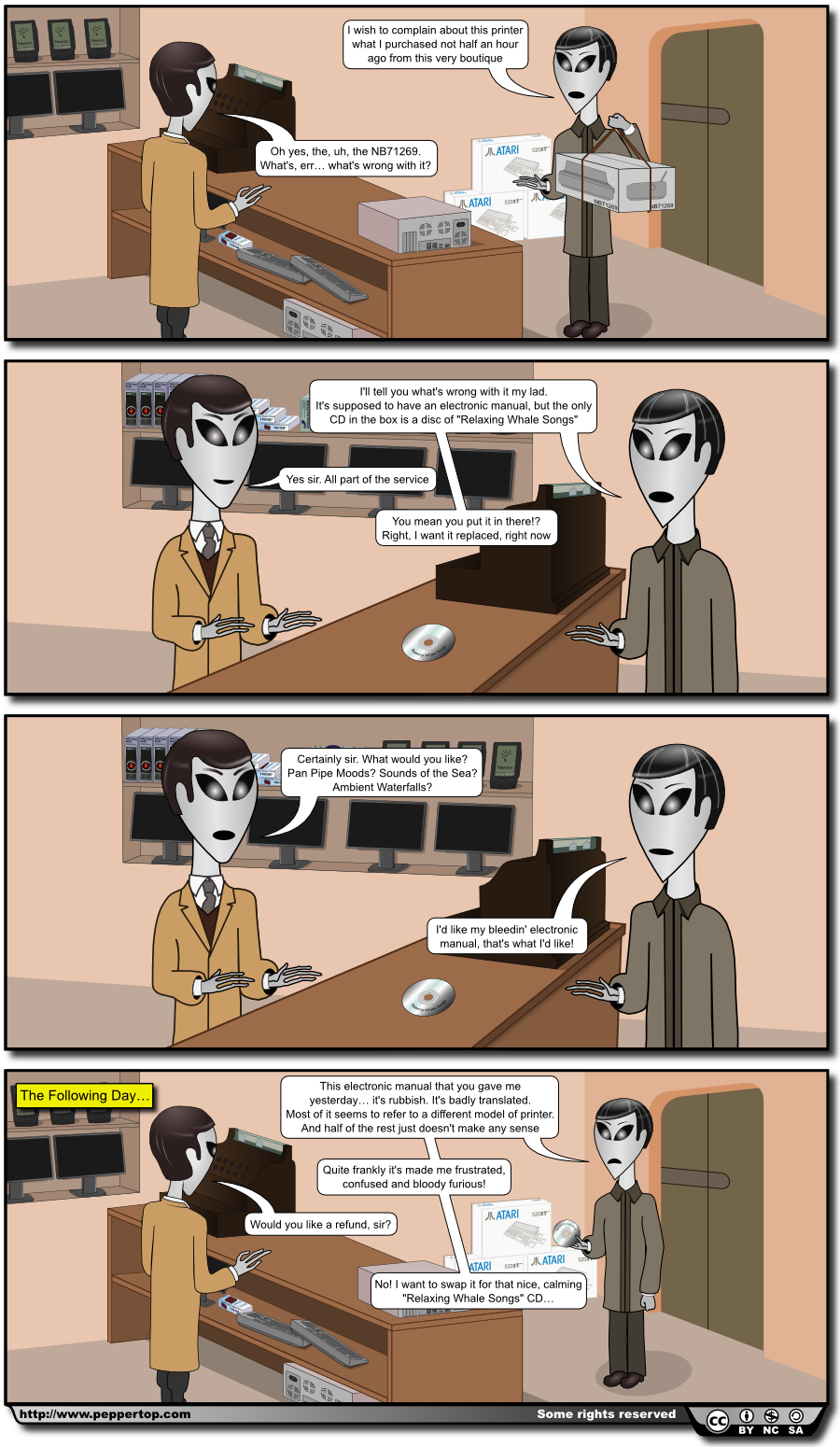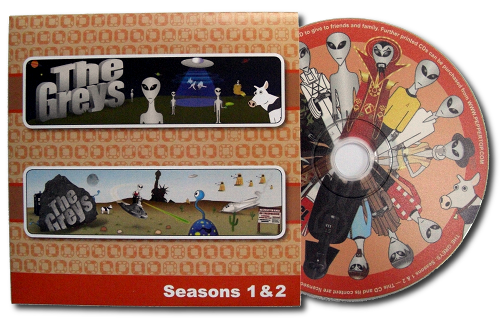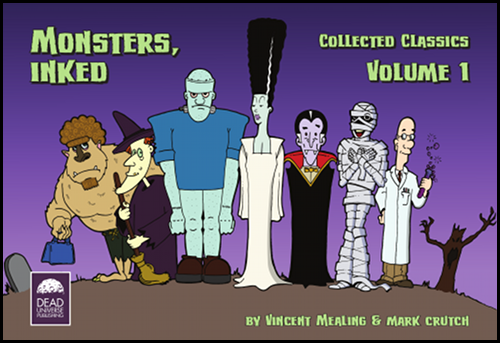There was a time when computer hardware and boxed software came with manuals. Not a ‘Quick Start Guide’ or a ‘Getting Started Guide’, but a proper, thick, tree-destroying hulk of a manual. Finding software in a large box wasn’t simply the perverse result of a fight for shelf space but was actually a necessity to provide enough capacity for the reams of documentation that were piled into each container.
If you find reams of documentation now it’s more likely to be an End User License Agreement or some lawyer-advocated indemnity statement, just in case you decide to use your new USB thumb drive as an ear cleaning device. If it’s thick and heavy it’s simply because they’ve managed to translate “warranty void if used aurally” into more languages than you even knew existed, and that bulk is all the worse for the document being printed on gossamer-thin tissue paper that makes the pages of a Gideons’ bible look like a thickly knitted blanket.
As for the actual instructions – if you’re lucky you’ll get a CD with a PDF file on it. Perhaps you won’t even be furnished with that and will instead be sent to a painful-to-navigate site in order to download the manual for a product that you’ve just paid good money for.
And despite all their warranty translating skills, there’s a strong chance that the manual will be in some curious pidgin that stretches your interpretive ability to the limit.
“Think of all the trees we’re saving by not printing manuals”, claim the manufacturers. But those forests have instead been dedicated to the wealth of books purporting to teach you how to use your newly acquired software or hardware in a mere 24 hours. Even if you’re a dummy. Yet somehow such meaty tomes fail to convey even half of the information of a good old-fashioned reference manual.
Back in the late 80s I remember buying a copy of Notator for my Atari ST. It was an expensive piece of professional software, so came with a chunky manual in a ring binder. Each upgrade not only brought a new floppy disk with the latest code, but a selection of pages for the binder, some new and some to replace existing pages. The upgrades weren’t cheap, but at least you felt you were getting something for your money.
Those memories are one reason why there’s a stack of Atari STs in the corner of our Dead-Parrot-Sketch-inspired computer shop. But they’re also there as a small tribute to home computer pioneer Jack Tramiel who died on the 8th April. You can read a bit more about the effect that his work had on my formative years over at my blog.
Cette bande dessinée est aussi disponible en français
This comic is also available in French
Click here to download the SVG source for this comic
Customer: I wish to complain about this printer what I purchased not half an hour ago from this very boutique.
Assistant: Oh yes, the, uh, the NB71269. What's, err… what's wrong with it?
Customer: I'll tell you what's wrong with it my lad. It's supposed to have an electronic manual, but the only CD in the box is a disc of "Relaxing Whale Songs".
Assistant: Yes sir. All part of the service.
Customer: You mean you put it in there!? Right, I want it replaced, right now.
Assistant: Certainly sir. What would you like? Pan Pipe Moods? Sounds of the Sea? Ambient Waterfalls?
Customer: I'd like my bleedin' electronic manual, that's what I'd like!
[Caption: The Following Day…]
Customer: This electronic manual that you gave me yesterday… it's rubbish. It's badly translated. Most of it seems to refer to a different model of printer. And half of the rest just doesn't make any sense.
Quite frankly it's made me frustrated, confused and bloody furious!
Assistant: Would you like a refund, sir?
Customer: No! I want to swap it for that nice, calming "Relaxing Whale Songs" CD…













 Our comics are released under a
Our comics are released under a  ... which requires suitable attribution if you use them...
... which requires suitable attribution if you use them...
 ... and doesn't allow commercial use...
... and doesn't allow commercial use...
 ... and requires any derivative works to be released under the same licence.
... and requires any derivative works to be released under the same licence.
 This symbol indicates an SVG file that you can download and use under this licence
This symbol indicates an SVG file that you can download and use under this licence
I love it how there are MessagePads on the shelf.
I still use my MP2100 almost every day, so I wanted to put a little nod in for another of my favourite computer platforms 😀